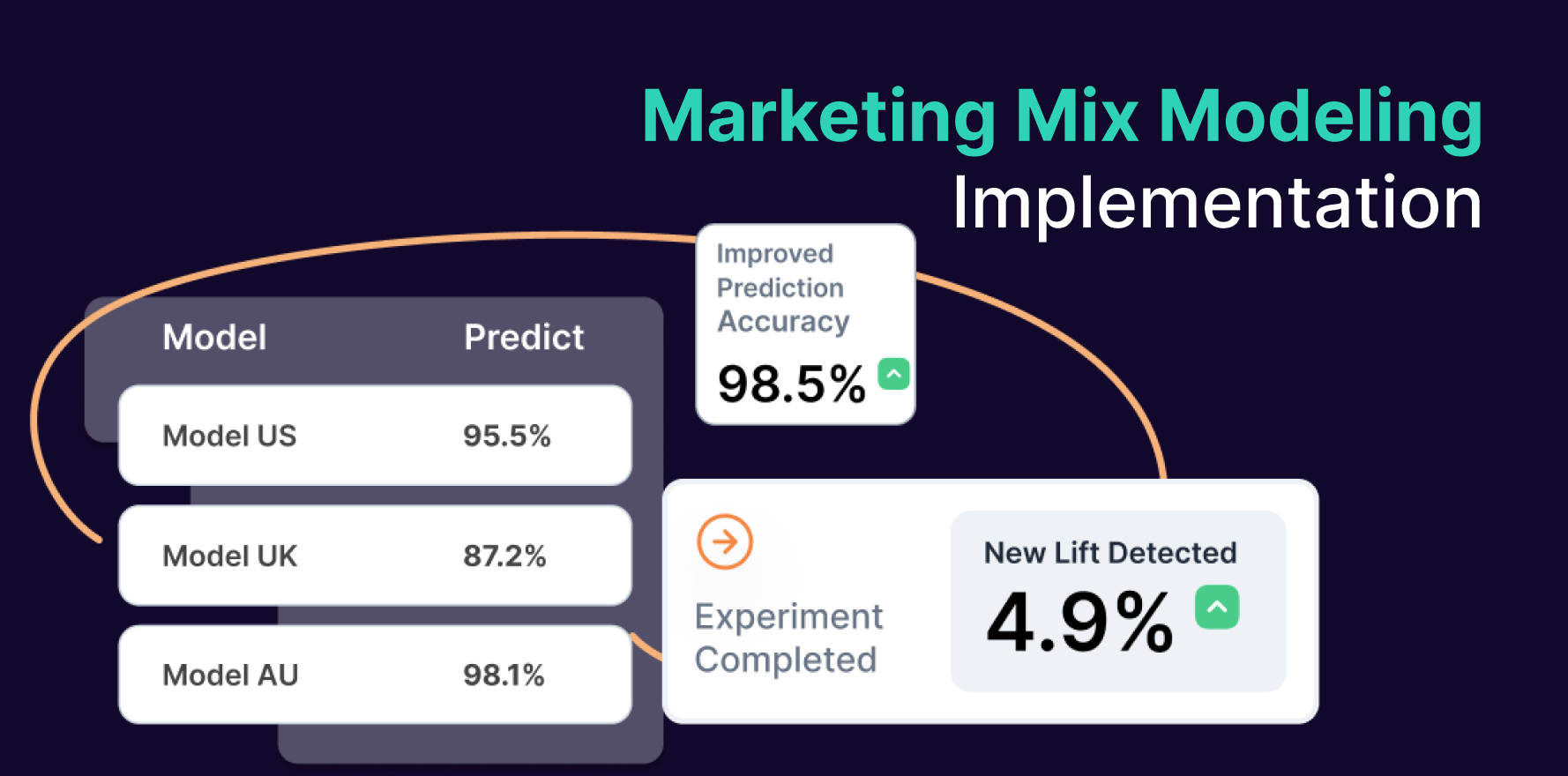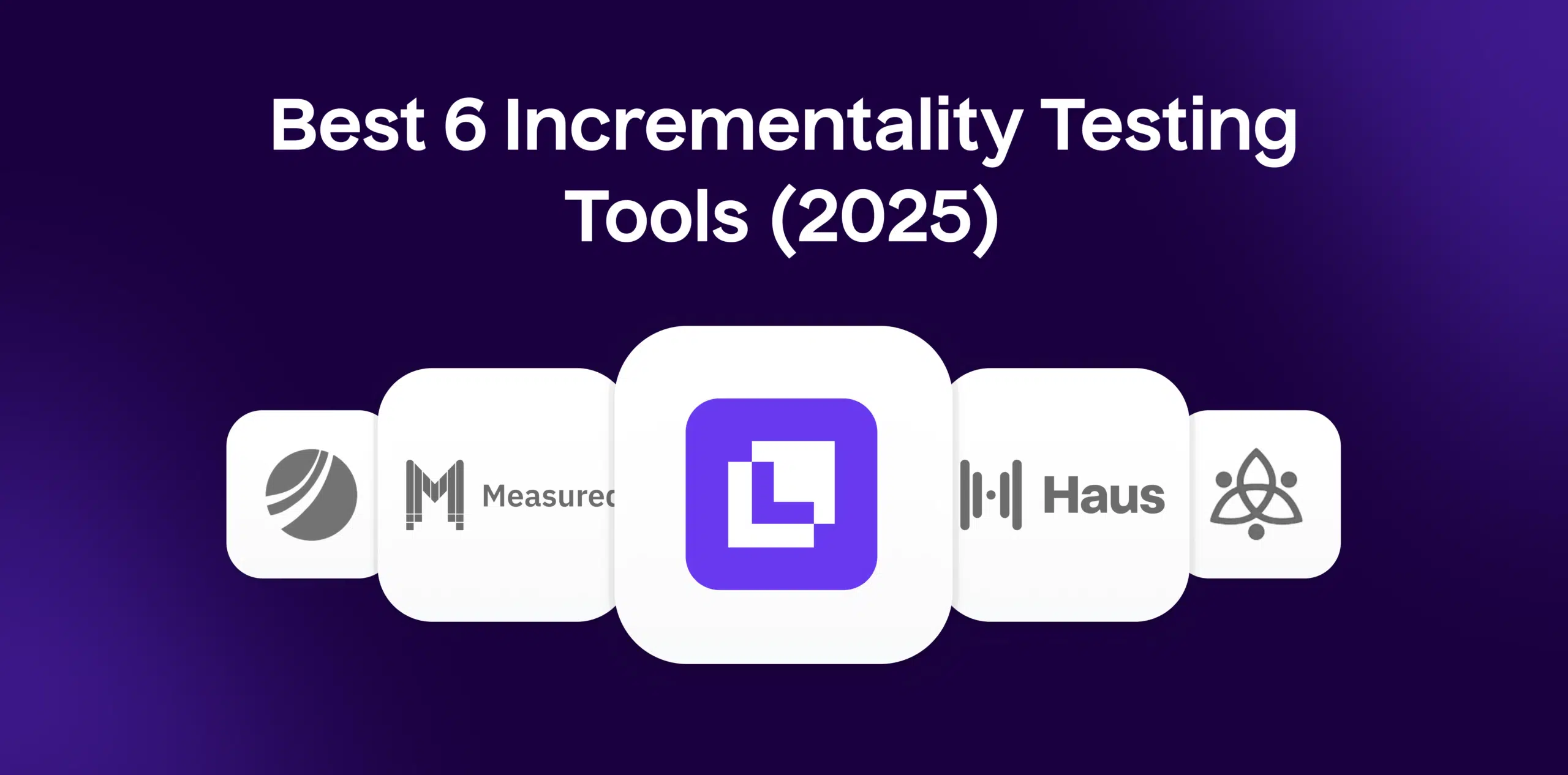What is Marketing Experimentation?
Marketing Experimentation, in brief, refers to the application of the scientific method to business strategies – specifically marketing methods – with the aim of identifying lucrative ventures and improve return on investment (ROI). The process involves forming a hypothesis and testing it using control groups and variable groups to evaluate the impact of a given marketing method or strategy.
Through careful tracking and analysis of results, companies can discern which routes are providing the best ROI, better understand consumer behavior, and make data-driven decisions that enhance their marketing efforts. From email campaigns to social media advertising and SEO, virtually any marketing tactic can be subjected to experimentation to improve effectiveness and efficiency.
Formula
For a simplified view, think of Marketing Experimentation as an iterative process based on the scientific method:
- Recognize a problem or question.
- Formulate a hypothesis.
- Design and conduct an experiment to test the hypothesis.
- Gather data.
- Analyze data.
- Draw conclusions.
- Make business decisions based on the results.
Example
An ecommerce store wants to optimize its email marketing conversion rates. They craft two different email layouts (A and B) and split their email list 50-50, sending version A to one half and version B to another (A/B testing). After analyzing the data, they find version B leads to a higher click-through rate and implement it for future campaigns.
Why is Marketing Experimentation important?
Marketing Experimentation is crucial because it moves decision making from intuition-based to data-driven. It allows companies to make the most effective use of their budget by identifying successful marketing strategies. Furthermore, it helps reveal customer preferences and behavior, which can inform product development, positioning, and other critical business decisions.
Which factors impact Marketing Experimentation?
You can improve your experimentation by refining your hypothesis-forming process, ensuring your testing groups are well-segmented, using proper tools for data collection and analysis, and ensuring statistical significance before drawing conclusions. Be patient, as valid results require adequate time.
How can Marketing Experimentation be improved?
Various factors can impact Marketing Experimentation, including, but not limited to, sample size, length of study, freshness of data, choice of metrics, and external variables such as competitor activity or market trends.
What is Marketing Experimentation’s relationship with other metrics?
Marketing Experimentation can significantly affect other ecommerce metrics. Successful experimentation can lead to improved conversion rates, increased average order value, and reduced cart abandonment, thereby improving overall ecommerce performance.
Free essential resources for success
Discover more from Lifesight















